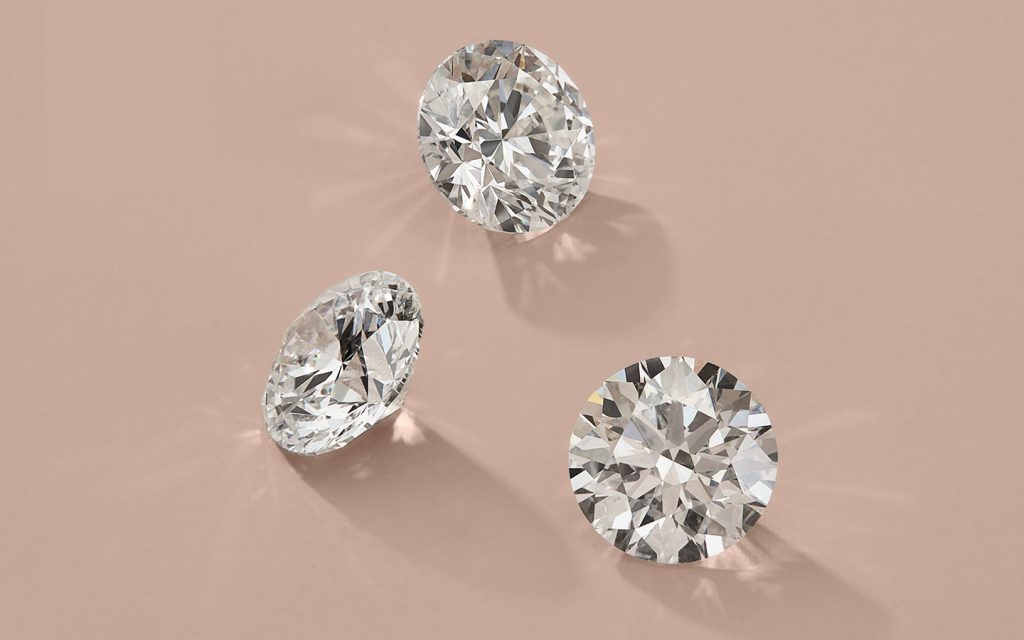What is GIA?
The Gemological Organization of America (GIA) is one of the most notable and regarded gemological laboratories on the planet. Established in 1931, the GIA has a long history of setting the standard for diamond grading. Its reports are exceptionally regarded for their accuracy and consistency. At the point when you see a diamond confirmed by the igi vs gia, you can believe that it has gone through an exhaustive evaluation by probably the most experienced gemologists in the business. GIA’s thorough grading framework is generally accepted as the benchmark in the business, making it a top decision for many purchasers.
What is IGI?
The International Gemological Organization (IGI) is another conspicuous diamond certification body, established in 1975. Although more youthful than the GIA, the IGI has established itself as a significant player in the gemological field. The IGI offers detailed reports and certification for diamonds, gemstones, and adornments, with an emphasis on both retail and wholesale markets. While IGI also maintains exclusive requirements, its approach to grading can contrast marginally from that of the GIA, leading to variations in how diamonds are evaluated and introduced.
IGI vs GIA: Grading Standards
One of the vital contrasts among IGI and GIA lies in their grading standards. The GIA is known for its stringent grading criteria, which many view as the gold standard in the business. The GIA utilizes a 4Cs grading framework — Cut, Variety, Clarity, and Carat weight — that is generally accepted and perceived. Each diamond is evaluated carefully, and GIA’s reports are viewed as exceptionally reliable.
Then again, IGI also utilizes the 4Cs grading framework yet may have marginally various criteria or interpretation in certain aspects. While IGI’s grading is generally accurate, some industry specialists accept that its standards can be somewhat more indulgent compared to the Gia’s. This can bring about discrepancies in how diamonds are graded, which is an important consideration while comparing IGI vs GIA certifications.
Market Acceptance
While comparing IGI vs GIA, market acceptance is an important factor. GIA-guaranteed lab diamonds are often viewed as more valuable in the market because of the organization’s well established reputation and thorough grading standards. Many purchasers and dealers lean toward GIA certifications because they are generally accepted and trusted. This can affect the resale value of a diamond, as GIA certifications will generally command higher acknowledgment and confidence in the marketplace.
IGI certifications, while still reputable, may not carry the same degree of market esteem as GIA. This can in some cases impact the apparent value of a diamond, especially in top of the line markets or for purchasers who focus on GIA’s for quite some time established reputation.
Picking either IGI and GIA
Choosing IGI and GIA certification ultimately relies upon your needs and inclinations. In the event that you value a certification from an organization with a long history and generally perceived standards, GIA may be the better decision for you. The GIA’s exhaustive grading framework and solid market acceptance make it a popular choice for many purchasers.
On the other hand, in the event that you are searching for a reliable certification with a potentially unique approach to grading, IGI may also be a suitable decision. IGI’s reports are detailed and its grading is generally accurate, making it a viable alternative, especially in the event that you are purchasing from a retailer who utilizes IGI certification.
Conclusion
In the debate of IGI vs GIA, both certification bodies offer valuable administrations to the diamond business. GIA is eminent for its stringent grading standards and widespread market acceptance, while IGI furnishes reliable certification with its own approach to grading. Understanding the distinctions among IGI and GIA can assist you with making an informed decision while purchasing a diamond. Ultimately, whether you pick IGI or GIA, ensuring that your diamond is confirmed by a reputable organization is critical to making a sure and informed purchase.



